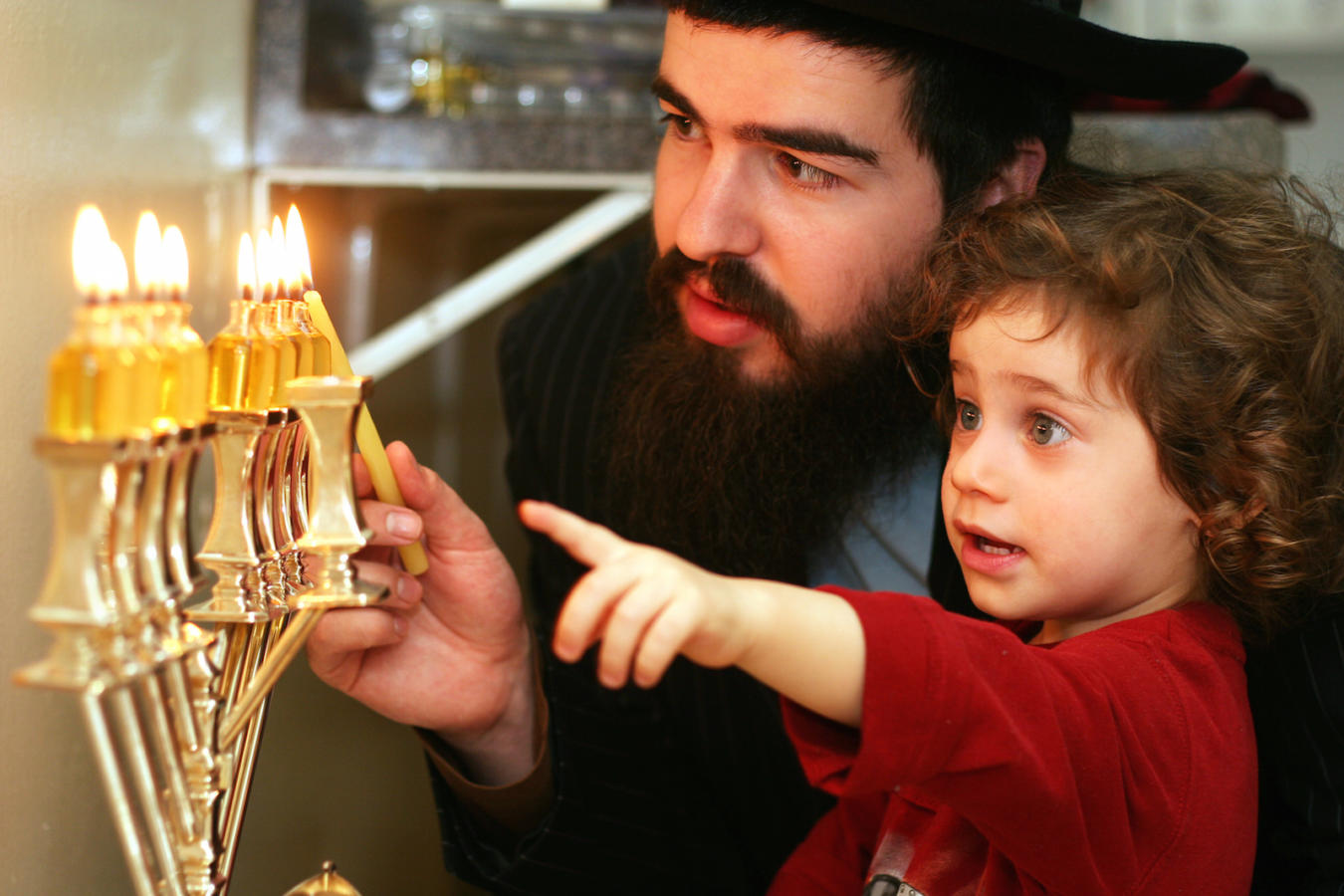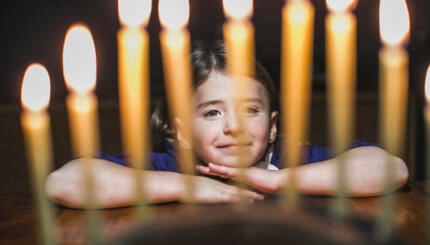While Hanukkah is often thought of as the Jewish answer to Christmas, giving rise to the annual hand-wringing exercise known as the “December dilemma,” this year Hanukkah doesn’t even start in December at all.
In 2021, Hanukkah will begin on Sunday, Nov. 28, at the tail end of the Thanksgiving weekend, and conclude on Dec. 6, nearly three full weeks before Christmas.
In fact, the exact date of Hanukkah always fluctuates from year to year due to discrepancies between the Hebrew and the Gregorian calendars. The latter calendar year is based on the 365 days it takes the earth to orbit the sun, while the Hebrew calendar year is based on the 354 days it takes for the moon to go through 12 complete cycles of roughly 29.5 days each.
Over time, the Jewish calendar falls more and more out of phase with the solar one, and if left that way the holidays would gradually migrate across the entirety of the solar year. To ensure this doesn’t happen, the two calendars are brought back into sync every so often by the addition of an additional month to the Jewish year. Not surprisingly, the calendars are most out of sync just prior to a Jewish leap year.

Help us keep Jewish knowledge accessible to millions of people around the world.
Your donation to My Jewish Learning fuels endless journeys of Jewish discovery. With your help, My Jewish Learning can continue to provide nonstop opportunities for learning, connection and growth.
The current Jewish year of 5782 is just such a year. That’s why Rosh Hashanah was also unusually early this year, beginning on Sep. 6.
In the early spring, the Jewish calendar will add an additional month, Adar II, to bring the calendars back into alignment. That will ensure that Passover 2022 falls out at a more typical date: April 15.



